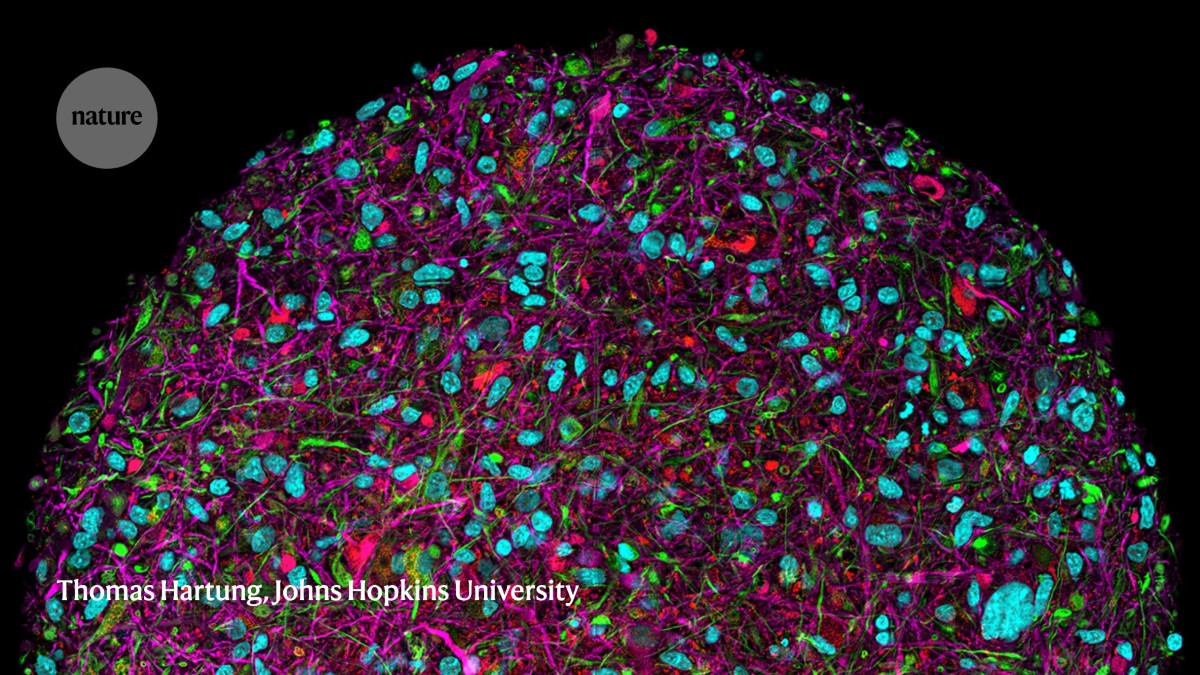
"One major issue is that mice have more than 1,600 immune-response genes that do not match their human equivalents. And most 'humanized' mice (which have human genes, cells or tissues) don't mount enough antibodies to fight infections, which is a problem for researchers who study vaccines and immune responses, says Paolo Casali, an immunologist at the University of Texas Health Science Center at San Antonio."
"In a paper published last year, the team introduced THX, a mouse model that replicates the human immune system. To create THX, mice are injected with human stem cells that develop into immune components such as lymph nodes, antibodies and T and B cells (types of white blood cells). When given an mRNA-based COVID-19 vaccine, they mounted a strong immune response - an important trait for vaccine research."
Advanced tools and techniques are providing detailed views of the human immune system at single-cell resolution and enabling improved experimental models. Conventional mouse models differ from humans in more than 1,600 immune-response genes and most humanized mice fail to generate sufficient antibody responses, limiting vaccine and immune-research utility. A research team developed THX mice by injecting human stem cells that form lymph nodes, antibodies and T and B cells, and these mice mounted strong responses to an mRNA COVID-19 vaccine. THX mice are being adopted by laboratories in the United States and Europe for vaccine and targeted-therapy studies.
Read at Nature
Unable to calculate read time
Collection
[
|
...
]